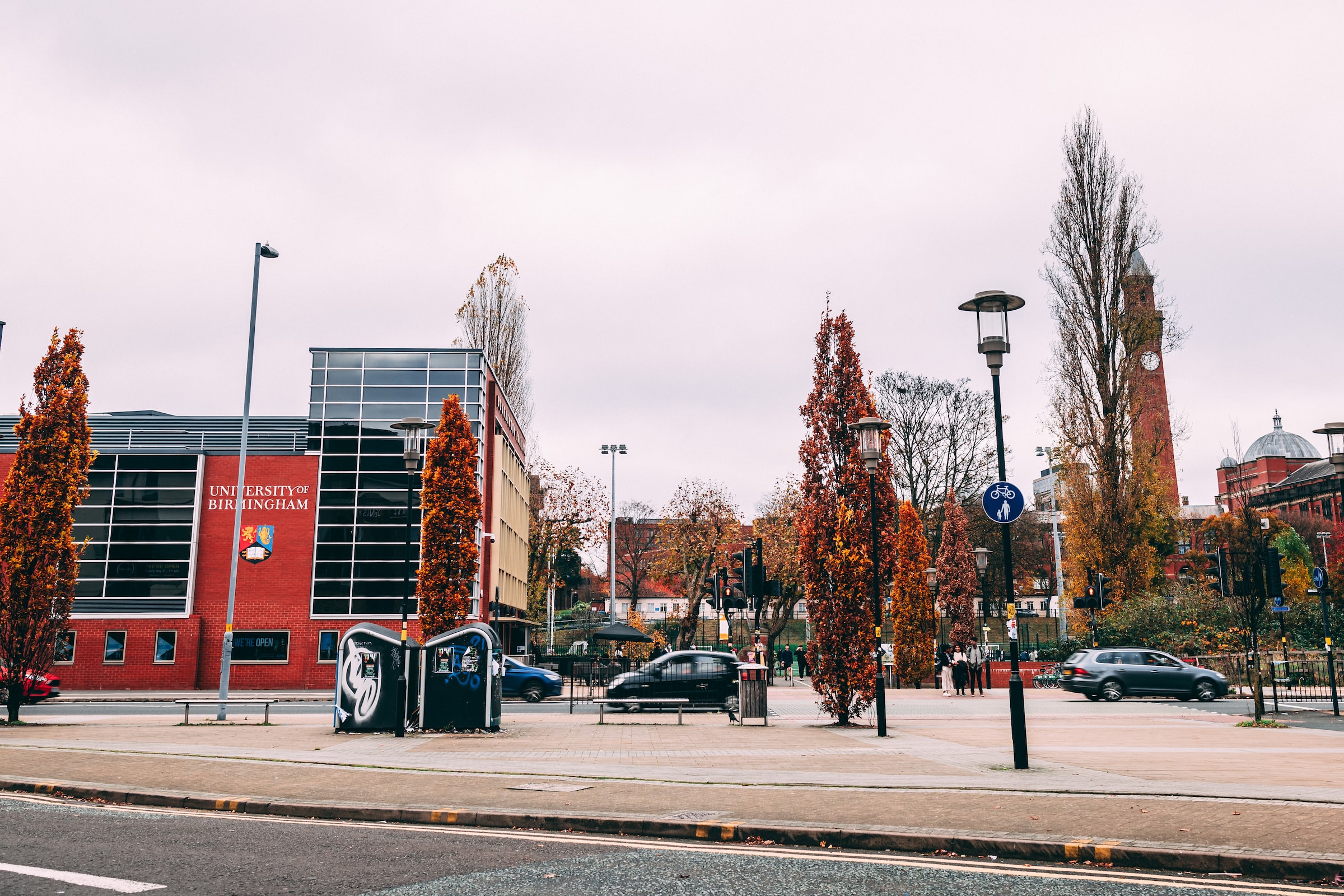
Comment Writer Danielle Murinas argues that women shouldn’t be too afraid to travel alone, giving advice on how to ensure your trip is as safe as possible
We were all shocked and saddened by the story of twenty-one-year old Amelia Bambridge, who drowned whilst travelling in Cambodia. Her body was found thirty miles away from the Island of Koh Rong, after last been seen attending a beach party. Officials said that there were no signs of foul play, with the suspected cause of death being accidental drowning. It is without question that our thoughts go out to Ameila’s family at this horrific time.
But as she was on her own, it represents a wider worry of the safety of young women travelling alone. As much as it pains me to say it, there are associations with women being the weaker sex, and therefore more vulnerable.
“If it is a question of whether women, or anyone, should travel alone, then my answer will always be yes
The world is big, and there are so many different places to appreciate. Travelling is a wonderful adventure, and one which I cannot recommend enough. I myself have travelled throughout Europe, and though the bulk of it has been done with friends, sometimes this is not a viable option. Finding someone to travel with you can be difficult for a variety of reasons, such as expense or simply different interests, so the only way in which you can travel is to go alone. But this should not stop people. Being a young woman anywhere can be scary sometimes, as there can be an overwhelming number of negative stories, but we cannot let this overshadow the positive stories, that sometimes we seldom hear.
Travelling alone can still be an incredible experience in which you can enjoy new adventures, cultures, and even find a sense of self. You can choose where you go, and quite literally follow your own heart to plan a trip that is exactly what you want it to be. Of course, it can be intimidating, and even scary, and one which not everyone feels suited too. But if people do have a desire to travel alone there are simple precautions which you can take to ensure a safe, and wonderful time.
First, keep in touch with friends and family. Always let someone know where you are and what you are doing, even if it is just a message to your parents or friends. This way if anything does happen, people will be aware of your movements. Try and also book the places you will stay in advance where possible, so your relatives will be aware where you will be beforehand.
Another thing to bear in mind is trying not to scream ‘tourist’. This may involve wearing culturally appropriate clothing, or not walking around with a tourist guide book for example. This will make you less of a target for pick-pocketers, who are more drawn towards tourists, as they may be more likely to carry around cash.
Also, do your research! Try and research as much as possible about the places you’re set to visit. Some cities, for example, may have specific dress codes for religious reasons. It is important to respect their culture and dressing this way will also allow you to integrate yourself more.
“Hearing other peoples’ stories and experiences…can counteract negative associations that travelling along can bring
Finally, try and talk to people who have previously travelled. There can be many stories in the media, such as this one, which are tragic, but that are also rare. They could dissuade people from travelling, but there will equally be an overwhelming response of people who have gone travelling alone, and who have had the most wonderful experience. Hearing other peoples’ stories and experiences can give you comfort and encouragement, and can counteract negative associations that travelling along can bring.
To finish, I will leave you with a quote from one of my closest friends, Erin Bertram, who last year travelled Europe alone: “I went travelling at a time in my life when I felt as if I was lost, but it was when I was ‘lost’ that I truly found myself”.
Comments